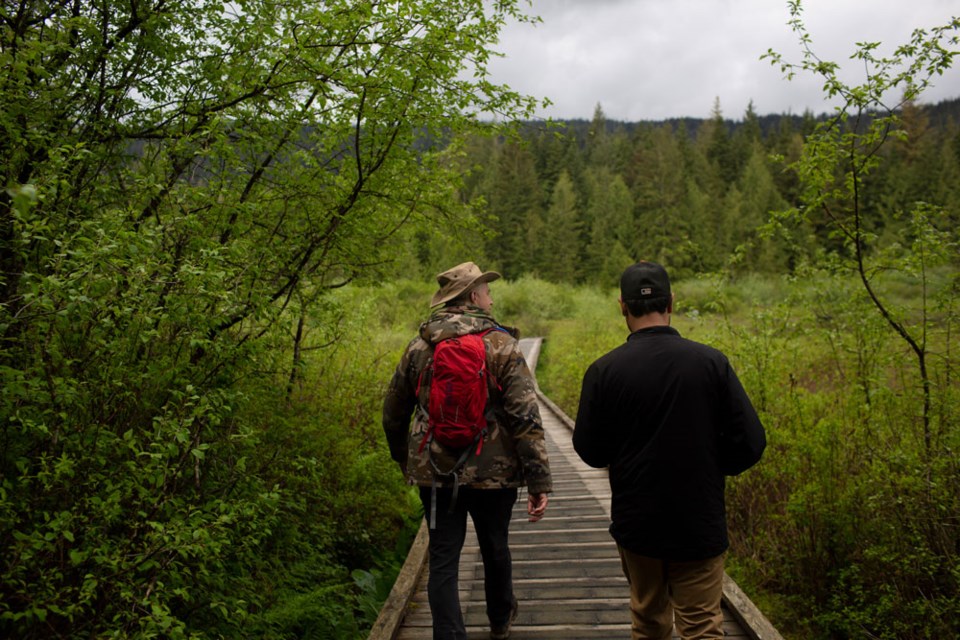Have you ever wondered what happens to kids who, for whatever reason, can’t live with their own families? In СŔ¶ĘÓƵ the answer often lies with which oversees a network of almost 40 family care homes for youth across the Lower Mainland.
However, finding individuals, couples and families who are willing to open their homes for this purpose is becoming increasingly challenging for PLEA. One contributing factor is the limited awareness among potential candidates about this .
PLEA is actively working to rectify this by enhancing its visibility and raising awareness about this role within the communities it serves.
“Demand for our services continues and we want to help as many kids as possible,” says Tina Tomyk, one of PLEA’s program directors who has been finding homes for the kids PLEA serves for almost eight years. “This requires us to put ourselves out there, and to make sure people really understand the value of what we do.”
Who are these youth?
“They are teens who have often experienced trauma and other challenges, including multiple foster care placements. These kids really need someone who’ll meet them where they are at, who can encourage them to develop their strengths, and guide them to make healthy choices,” says Tomyk.
She stresses that those who take on this caregiving role don’t necessarily need to have an extensive history of working with kids. What’s more important is that they have an enthusiasm to work with young people and a true desire to make a difference in their lives.
What do foster caregivers get in return?
PLEA provides an extensive orientation and training process that includes first aid, crisis intervention and cultural awareness training. Once the family has a young person living with them, they receive regular support from a dedicated PLEA staff, and a member of the PLEA team is available 24/7. They also have the chance to regularly connect with others doing the same role, so they are never alone.
For the kids, every single one has a youth worker who spends time with them regularly each week, engaging them in activities designed to develop their talents, strengths and trust. Many also access PLEA’s in-house counselling services, and are supported to attend school or engage in work placements.
“The caregiving role is well compensated; typically between $4,800 and $10,000 per month, depending on whether you have one or two youth living with you,” states Tomyk. “If you’d consider being a family to one or more of the kids we serve, we really want to hear from you.”
Individuals reaching out to PLEA undergo a series of inquiries to determine their eligibility for the role, which includes criteria such as the ability to work in Canada, full vaccination against COVID-19, and possessing a suitably sized vacant bedroom. If they meet these prerequisites, a virtual information session is offered to provide further insights into PLEA and the caregiving role. Subsequently, a member of PLEA's assessment team contacts potential caregivers to assist them through the remaining recruitment process.
“While the recruitment process can be intense, the rewards of this role are huge,” says Tomyk. “Knowing that everything you do is helping someone else; it’s hard to think of many other roles where you get to make such a difference in the life of one person every single day.”
To find out more about becoming a family to a youth in need call 236-333-2682 or visit .




